Memory and heritage researchers
Researchers
| Researcher | Keywords |
|---|---|
| Search for researcher | Search for keyword |
|
I focus on art and visual culture in Japan, including the way in which Japanese and Korean contemporary artists address a shared cultural memory in the contested geopolitical relations between Japan and Korea. |
|
|
I specialize in photography studies with a focus on photography's history and theory, contemporary art, and vernacular photography as everyday culture and memory culture. |
|
|
I study what happens when contemporary religious communities and their sites, objects and practices become cultural heritage in Denmark. |
|
|
My research revolves around museums, collections and exhibitions, especially ephemeral art forms and the way they are and can be collected, documented, preserved and displayed. |
|
|
I study art in public spaces, specifically statuary monuments in bronze, marble and granite. I focus on issues related to infrastructure, meaning how such monuments are produced –and by whom- and their long material afterlives. |
|
|
My research centers on historiographic studies in dance and performing arts. My foremost interest is on developing methodological approaches that bridge between archival and artistic practices. |
|
|
I work on the contact zones between art history and colonial history in a Nordic context with a special emphasis on memory politics, monuments, and art in public space. |
|
|
My research concerns modern art in geopolitical contexts, museums and memory. Currently in the project Exhibiting across the Iron Curtain on Danish artists in the state socialist societies, 1945-1989. |
|
|
I specialise in contemporary Danish literature about Greenland, with a particular emphasis on how Danish cultural memory regarding its former Arctic colony is negotiated within and through these literary works. |
|
|
My research focuses on museum- and collection-practices in a current and historic perspective. I study in particularly how historic buildings have been practiced as heritage, atmospheric and museological sites. |
|
|
I am a cultural historian working mainly with contemporary history of Southeastern Europe. My research focuses on issues related to uses of history, cultural and collective memory, identity politics and popular culture in the Yugoslav area. |
|
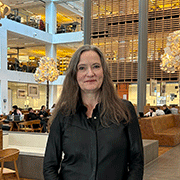 Tine Damsholt Tine DamsholtProfessor European Ethnology, Saxo-Institute Everyday temporalities – how entangled pasts, presents, and futures are imagined, articulated, materialized, and cared for in everyday life practices. Empirical studies of grass-roots memorials, vernacular and religious forms of heritagization in contemporary Denmark including world heritage site Christiansfeld. |
|
|
My research has been focused on the grass-roots/vernacular forms of heritage and heritagization as well as on ‘heritage of absence’, dealing with the heritage of disappeared or (e)migrated communities and groups. Another strand of my research interests concerns heritage issues in the context of violence and decolonization (the case study of Ukraine). |
|
|
My research centers on museology and memory cultures with a particular emphasis on postcolonial perspectives and processes of racialization and differentiation. |
|
|
My research centers on the history, memories and memory-work of former institutionalized children and adults in Denmark. My work has pointed out the lasting impact of institutional neglect and violence, but also creative attempts to manage the past and negotiate history. |
|
|
My research regards cultural institutions and cultural policy. I am particularly interested in the relationship between cultural institutions and society. This relation affects how cultural institutions legitimize themselves, the leadership and organization of the cultural institutions and how they change. |
|
|
My research focuses on minority-majority relations, postcolonial dynamics, and asymmetrical power structures. Currently, I am leading a collective research project that investigates how Denmark's and Greenland's entangled histories are being renegotiated in historiography, literature, and personal narratives. |
|
|
My research focuses on the creation and use of digital heritage in cultural institutions and amongst Heritage Practice Communities. My recent studies of family historians and their online engagement, seeks to understand heritage practice within a wider democratic framework. |
|
|
I am a reactionary archaeologist, primarily working within contemporary archaeology and epistemology in the humanities. In particular, I am interested in the relationship between the temporary character of memory and de/formation of archaeological traces. |
|
|
My research centers on the commemoration of the Holocaust in Denmark focusing on the 2022 action plan against antisemitism, in which the Danish government decided to make Holocaust education mandatory in Danish schools. |
|
|
My research focuses on how people construct and make sense of their worlds by consuming and producing stories. Working both with fiction and other kinds of texts, I’m particularly interested in how memories of past events and expectations of the future shape shared understandings of history, the ordering of society, bodies, emotions, and ethical norms. |
|
|
In a time when “fake news” and conspiracy theories bloom, comprehending the way how narratives can bewitch us is a key competence to filter information. My research seeks to understand the popularity of narratives with a strong focus on the circulation, translation and adaptation of narratives in East Asia. My research agenda is organized around three major questions: 1) How, and why, do some narratives persist, while others fall into oblivion? 2) What role do adaptation, translation, and intertextuality play for the circulation of narratives? 3) How can digital tools help us to understand the circulation of narratives. |
|
|
My research focuses on German-Danish cultural relations and transfers, also in the framework of cultural memory. The ongoing DFF-project “Danish-German Cultures 1773-1864. Conflict and Cohesion” investigates the forgotten entanglements of the Danish-German composite state: identity formations, narratives, and imaginaries in a zone with conflicting and coexisting national, regional and lingual orientations before the nationstate 1864. A focus in my teaching is contemporary German memory cultures and migration literature as a medium of memory. |
|

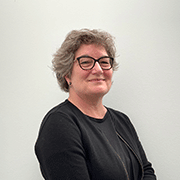 Gunhild Ravn Borggreen
Gunhild Ravn Borggreen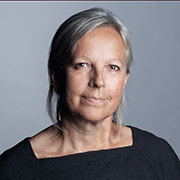 Mette Sandbye
Mette Sandbye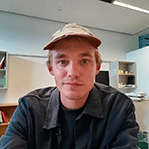 Rasmus Rask Poulsen
Rasmus Rask Poulsen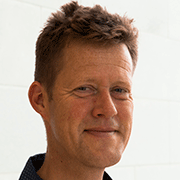 Peter van der Meijden
Peter van der Meijden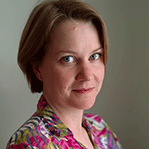 Amalie Skovmøller
Amalie Skovmøller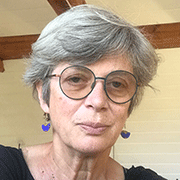 Karen Arnfred Vedel
Karen Arnfred Vedel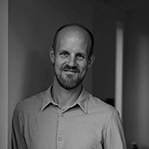 Mathias Danbolt
Mathias Danbolt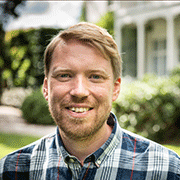 Kristian Handberg
Kristian Handberg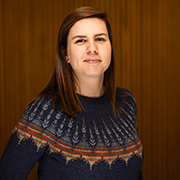 Emilie Dybdal
Emilie Dybdal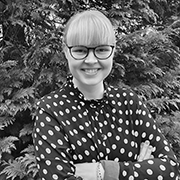 Louise Kjærgaard Depner
Louise Kjærgaard Depner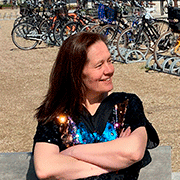 Tea Sindbæk Andersen
Tea Sindbæk Andersen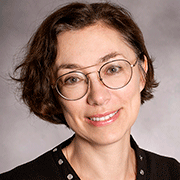 Vera Skvirskaja
Vera Skvirskaja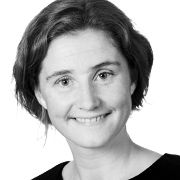 Anne Folke Henningsen
Anne Folke Henningsen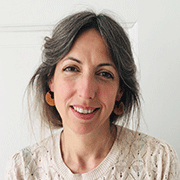 Stine Grønbæk Jensen
Stine Grønbæk Jensen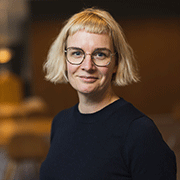 Nanna Kann-Rasmussen
Nanna Kann-Rasmussen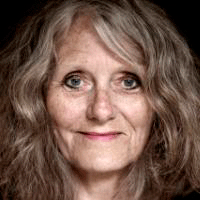 Kirsten Thisted
Kirsten Thisted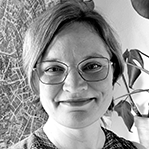 Henriette Roued
Henriette Roued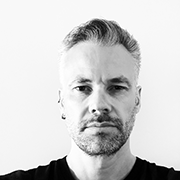 Tim Flohr Sørensen
Tim Flohr Sørensen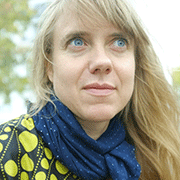 Marianne Kirk
Marianne Kirk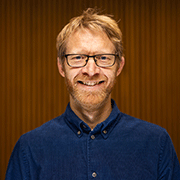 Bo Ærenlund Sørensen
Bo Ærenlund Sørensen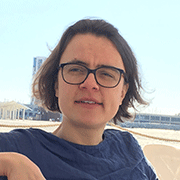 Barbara Wall
Barbara Wall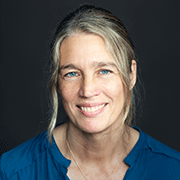 Anna Sandberg
Anna Sandberg